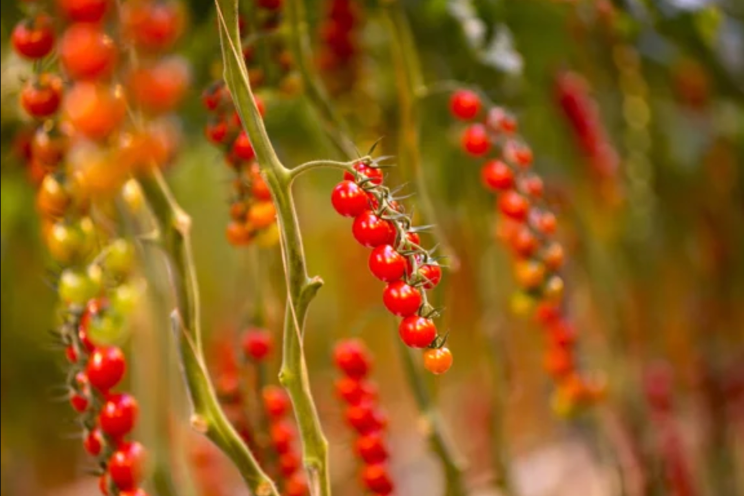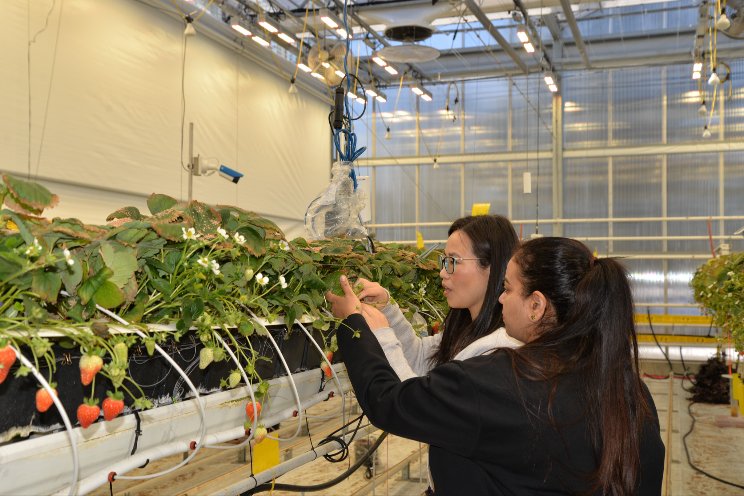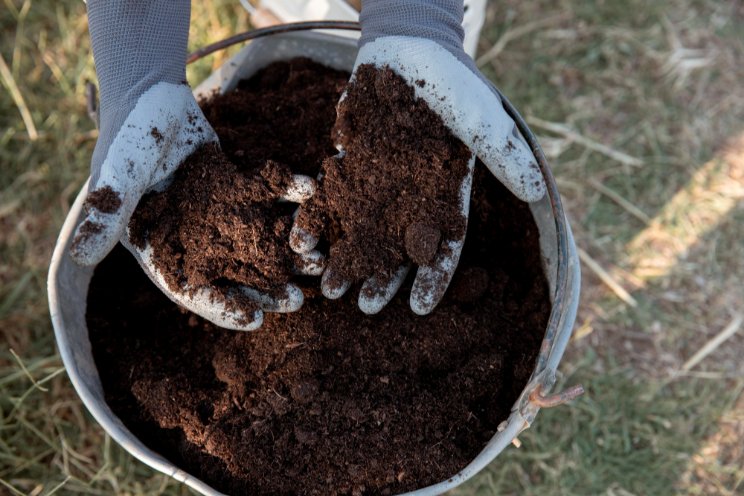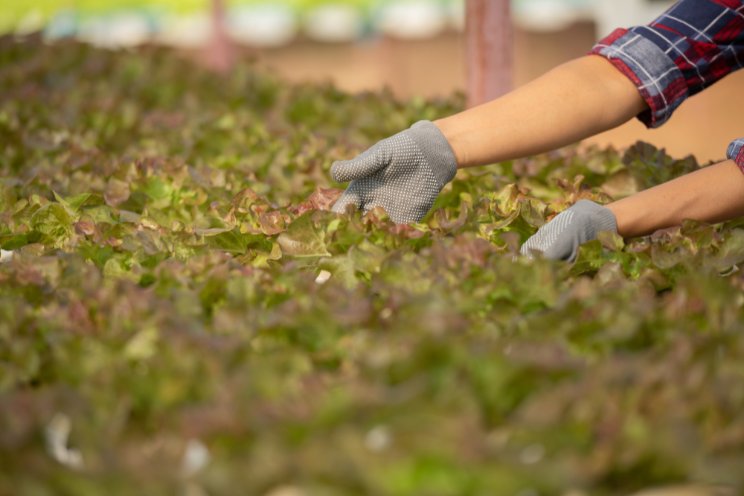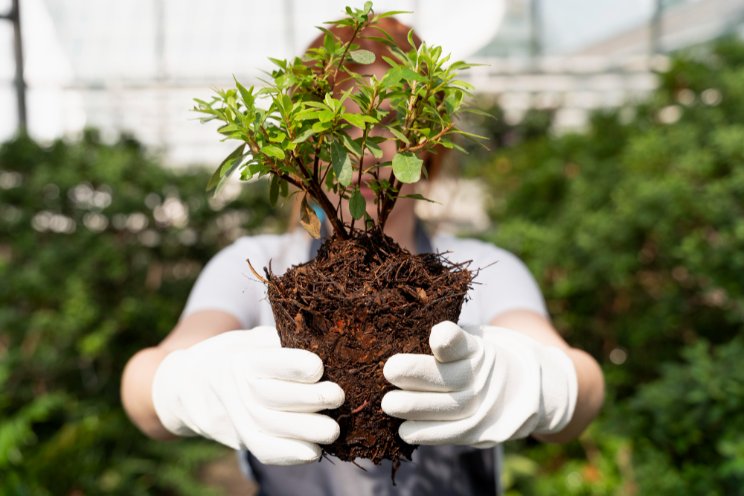'Essential' help for greenhouses
Added on 05 March 2020
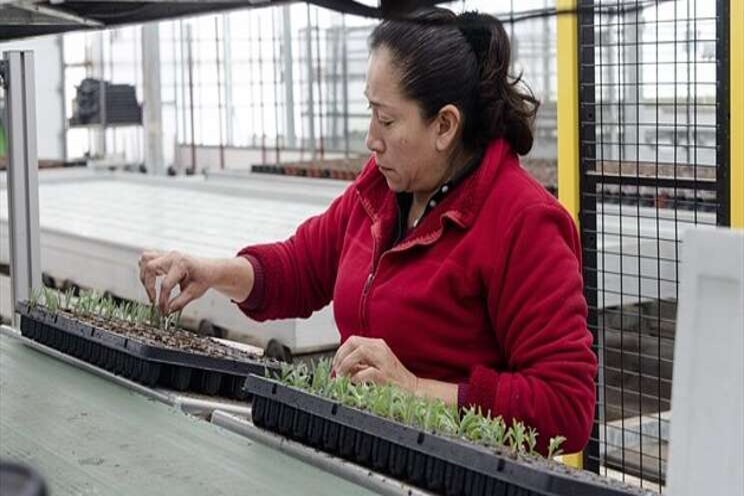
"It gets more essential every year," said Ken Forth, president of Foreign Agricultural Resource Management Services (FARMS), which administers the program.
With a chronic lack of labour available to farmers in various sectors, the FARMS program sees thousands of workers come to Niagara and the province from Mexico and the Caribbean to work on the farms. In the summer they're visible for anyone driving along a country road in the region, but Forth said they're just as important for greenhouse operators.
"My opinion is there wouldn't be much of a greenhouse industry without them," he said.
While automation and robotics have made serious inroads for agriculture, Forth said there remains many tasks that require the delicate touch of a pair of human hands.
Any farm operation can use the program provided they can't find the required labour from local sources. However, they're more prominently used in the tender fruit and grape growing sectors. The dairy and hog industries have also taken advantage of the program.
In greenhouses, they can be used for such operations as floriculture, vegetables or nursery stock growing.
Hendriks Greenhouses and its sister company Freeman Herbs have been using temporary foreign workers for about 15 years. The company, based in Lincoln, utilize the workers for just about every aspect of the business. They first arrive in mid-January, with others arriving in ensuing months.
"Operationally, I don't know if we'd be able to run (without them)," said Brendan Hendriks, head grower.
The company believes in the program so much, that they've invested in some of the workers, helping them get their spray licences. Others help with planting, watering and sorting, complementing the existing year-round workforce.
"We try to use as many Canadian workers as possible," said Marco de Leonardis, R&D operations manager.
The company expects to employ about 70 workers from Mexico this year. Some will only work in the greenhouses, though many will move on to outdoor operations later in the year.
As the workers — some who have come to Freeman Herbs for over a decade — return, de Leonardis said it's like a homecoming of sorts.
"It's like they're coming back to a family," he said.
Forth, who's been growing broccoli on his farm in the Hamilton area for 50 years, also uses temporary foreign workers. He said most of the farmers who use the program develop a special relationship with their workers. There's one who's been coming to the farm for years.
"He's seen my son grow up," Forth said. "They become a heck of a lot more than people who work for you."
And on the other side, Forth said the program is wonderful for those Mexican and Caribbean communities, many of which are rife with poverty. The pay they receive in Canada helps with things like their children's education.
"These guys and women who come up here are changing lives," he said.
Source: Niagara Falls Review
Photo Credit: Luke Edwards/Torstar
Source: Goedemorgen
More news
